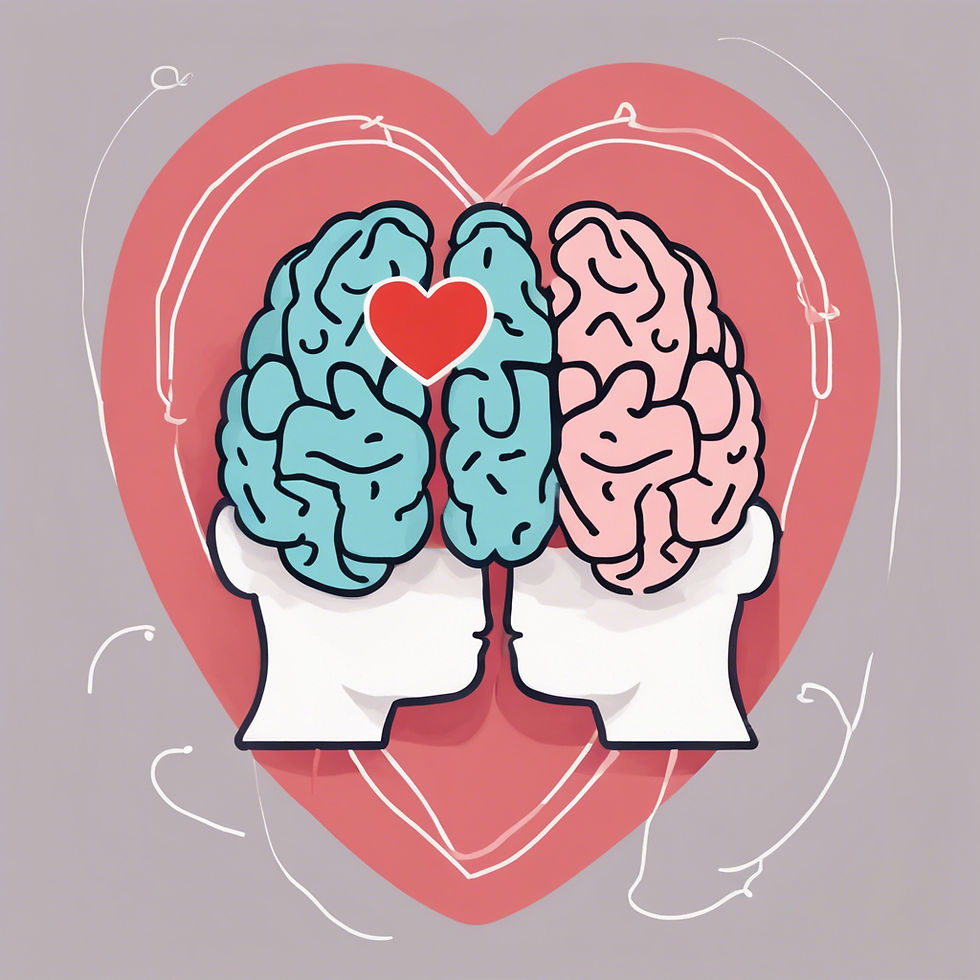
Douglas: Welcome to the Unleash Your Potential Blog, what question can I answer for you today?
AspirationAI: What can I do to enhance my emotional intelligence?
Douglas: Excellent question! Thank you for asking. I think it is important to start this response with a definition of emotional intelligence. Emotional intelligence is the ability to manage your own emotions as well as understand the emotions of people around you. Colloquially, sometimes it is called, reading the room (as long as you include yourself in the room).
As you can see, that definition has two parts, understanding yourself and understanding others. And you can be better at one than the other. Being able to understand and manage your emotions is self-awareness and self-control, understanding someone else’s emotions is empathy. With empathy, you can put yourself in someone else’s shoes.
Having established that they are separate but related parts, I want to address skills for enhancing each side of the equation separately.
Self-Awareness/Self-Control
Self-awareness leads to better self-control. To control or manage something, you have to know it's there. The first technique I offer is to practice observing how you feel in a variety of situations. Consider doing a feeling download at the end of the. I suggest writing or typing as it is a little more concrete than just thinking about it. Not to mention you can go back and re-read. Take 15 minutes and mentally walk through your day. List things that happened ( big and small things), the next to the situation, write down what feeling you experienced. If you have trouble doing this at the end of the day, use the notes app on your phone to do it after the situation, when it is fresh in your mind.
After you get in the habit of doing the feeling download, look at the feeling you feel and take responsibility for your emotions. You may be asking yourself, what does that mean to take responsibility? Say you are driving in traffic and another driver cuts you off. You react by swearing and displaying a somewhat offensive hand gesture. When the person in the car with you asks why you did that, you respond, it wasn’t my fault, that driver…made me angry. No, the other driver did not make you angry, they invaded your personal space by making a poor driving decision. That’s it. You decided to be angry. That is taking responsibility for your emotions. In every situation, you have 100% control over what emotion you choose to feel. Emotional intelligence is knowing that and making conscious choices about your emotions.
We all have triggers. Those are the situations that are most likely to trigger strong emotional responses from us. It is important to know what yours are. Emotional intelligence is about managing our emotions and learning what triggers us is an important piece of that. Think about the things in your life that inspire the strongest emotions (both positive and negative). In reality, most people are bothered by a sudden burst of joy, but a flaring of rage, that’s a different story. However, knowing the triggers for both can add to your emotional intelligence.
Empathy
How do you put yourself in someone else’s shoes and understand what it is like to feel like that? You never want to assume you understand how someone is feeling. If someone is mourning the death of a loved one, you don’t want to say, “I know how you feel.” You can’t possibly know what they are feeling. You can tell them, I know what it's like to lose someone important. How do you get to a point where you can understand what someone might be feeling? There are a couple of skills you can work on.
Try developing your curiosity. Part of empathy is getting out of the self. Curiosity enables you to want to better understand someone else’s situation. It is curiosity about the experiences of others that leads us to wonder what they might be experiencing. As we allow ourselves to be curious, we can practice noticing their body language and facial expressions beyond the words they are using to allow us to read between the lines. This will start to give us a window into what they might be feeling.
It is also important that we practice active listening. So often in conversation (and I know I am guilty of this), we are planning our next response while the other person is talking. If we are already thinking about the next part of the conversation, we can miss very important text clues about a person’s emotional state. Active listening puts the other person at the center of the conversation and allows us to move back to curiosity about what they are saying and what that tells about how they are feeling.
I recognize that there are a great deal more techniques for improving emotional intelligence than can be summarized in this blog (which is already getting far too long). My hope is that this is enough to get you started and interested in finding out more.
I hope my answer sheds some light on your question. If you want to dig into this concept further, I encourage you to reach out and set up a conversation. In the meantime, check back tomorrow for the next question in the Unleash Your Potential Series!
Be Well!

Comments